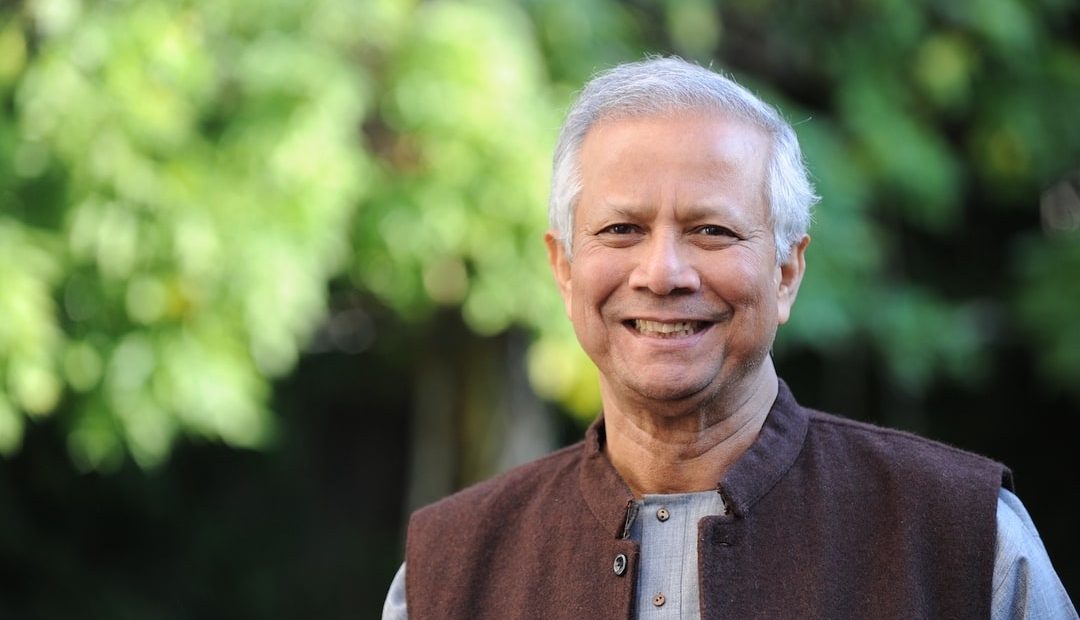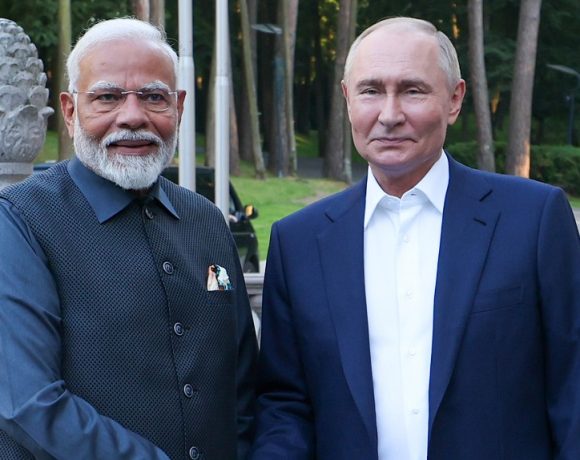
Bangladesh to Hold National Elections in April 2026
Under growing domestic and international pressure, Bangladesh’s interim leader Muhammad Yunus has officially announced that national elections will be held in the first half of April 2026. The declaration comes as a significant milestone in the country’s path back to democratic governance following the dramatic ousting of longtime Prime Minister Sheikh Hasina in 2024.
Yunus, a Nobel laureate and founder of the Grameen Bank, has been leading the caretaker government since August 2024, following mass protests and a student-led uprising that forced Hasina to step down and leave the country. The transitional administration, tasked with restoring institutional credibility, has now laid out its timeline for national polls.
Bangladesh Elections 2026: A Crucial Democratic Test
The announcement has been welcomed by several pro-democracy groups and observers who view the scheduled polls as a necessary step in re-establishing constitutional order. The Election Commission is expected to soon unveil a detailed electoral roadmap, including voter registration drives, candidate filing windows, and campaign guidelines.
However, opposition parties have raised concerns about the timing. The Bangladesh Nationalist Party (BNP), led by Khaleda Zia, has objected to the proposed April date, noting that it would overlap with Ramadan, potentially limiting both political activity and voter participation. The BNP had previously called for elections by December 2025.
Complicating matters further is the exclusion of the Awami League, the former ruling party. Its registration has been suspended by the Election Commission amid investigations into alleged human rights abuses and misuse of state machinery during its previous term. The party will not be allowed to contest in the 2026 polls.
Muhammad Yunus and the Fragile Political Transition
Yunus, while credited with restoring relative calm after the turbulent transition, has had to manage labor unrest, administrative inertia, and political factionalism. He has repeatedly emphasized that he will not contest the elections, positioning himself strictly as a neutral facilitator of the democratic process.
Emerging political forces are now entering the fray. The National Citizen Party, created by student leaders of the 2024 movement, is expected to play a significant role. Additionally, the re-entry of Jamaat-e-Islami into the political landscape—following a court ruling reinstating its party status—adds new dynamics to the already volatile political arena.
As Bangladesh moves toward what could be its most consequential election in a generation, the focus remains on whether the process will be free, fair, and inclusive. For a nation emerging from autocratic overreach and civic unrest, the April 2026 elections are not just about choosing a government—they are a litmus test for the country’s democratic resilience.

















